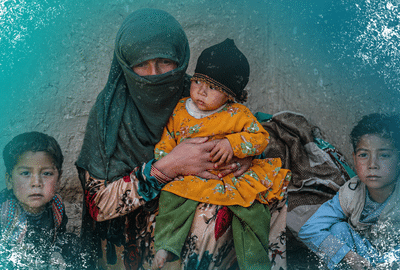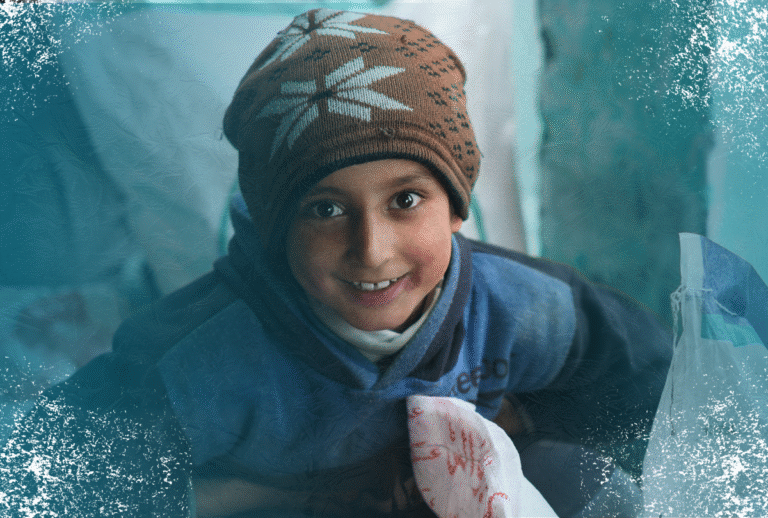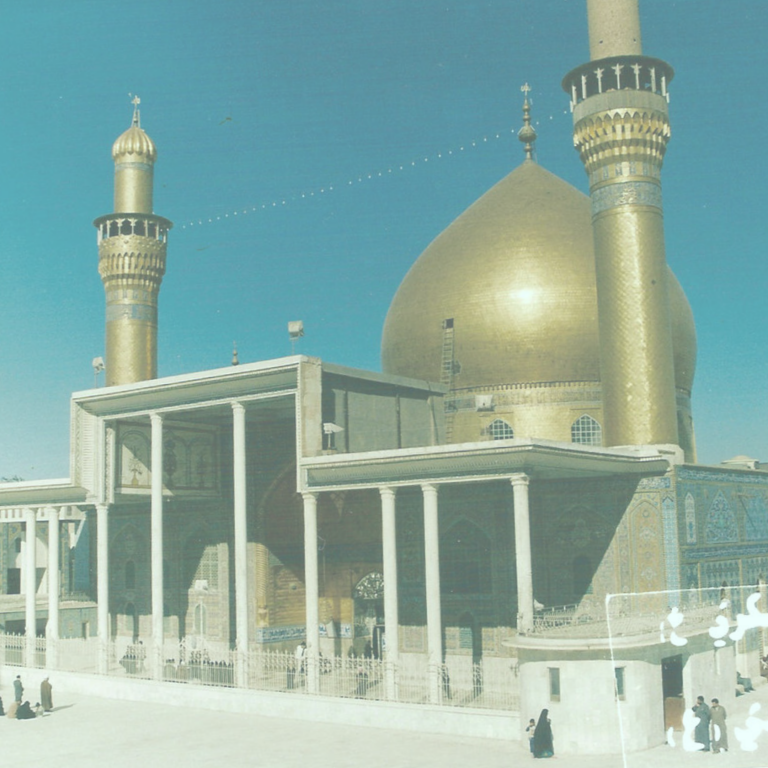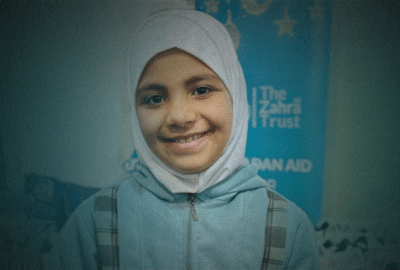Ramadan: 6 Tips for Mental, Physical and Spiritual Growth
The holy month of Ramadan is quickly approaching.
Ramadan is a month of growth, forgiveness and good deeds, in which we are all are granted an opportunity to reintegrate faith into our lives and strengthen our love for Allah (swt). However, this doesn’t mean that our dedication and efforts start on the first day of the month and end on the last. Rather, it is best to prepare for this holy month ahead of time and continue to practice the good habits we’ve adopted during the month throughout the rest of the year.
Here are 6 (six) daily actions that we can take to maximize the final days of Sha’ban and successfully commence the month of Ramadan, Insha’Allah!
- Build a Relationship with the Holy Qur’an

Ramadan is the month in which The Holy Qur’an was revealed to our Holy Prophet Muhammad (saww). Therefore, it is critical that we not only read and recite the Qur’an during this holy month, but also work to understand its meanings and inner workings. Many verses of the Qur’an are contextual and must be understood and contextualized through hadith narrations and historical analyses.
Here are some tips to follow when reading the Holy Qur’an.
Tip 1: Make your wudu or ghusl as needed.
Tip 2: Pick a comfy spot to read the word of Allah (swt).
Tip 3: Reflect on the Qur’anic meanings: if a certain verse is puzzling you and you don’t feel as though you’ve understood its true meaning, write down the verse and seek to research its contextual meaning after you have finished your daily reading.
“Do they not earnestly seek to understand the Qur’an, or are their hearts locked up by them?”
(Qur’an, 47:24)
- Fast with Intention

Fasting has spiritual and physical benefits. It reminds us of our blessings and abilities while simultaneously regulating our digestive systems and cleansing our bodies of toxins. However, many of us forget to reflect on our fasts and seek to understand the greater meaning and purpose of fasting. It is not enough to simply abstain from food and water from dawn until dusk. We must actively reflect and realign our intentions, thoughts and feelings when we are fasting to acknowledge the fast as an act of worship – it must be done with intention and proper etiquette to maximize the rewards.
“Allah has said: ‘For every good deed there are ten to seven hundred times rewards, save fasting. For fasting is for Me and I am the reward of it.’” – Prophet Muhammad (saww)
(Muhsen al-Kashani, Al-Mahajjatul-Baydha, vol. 2, p. 121)
- Fidyah and Kaffarah
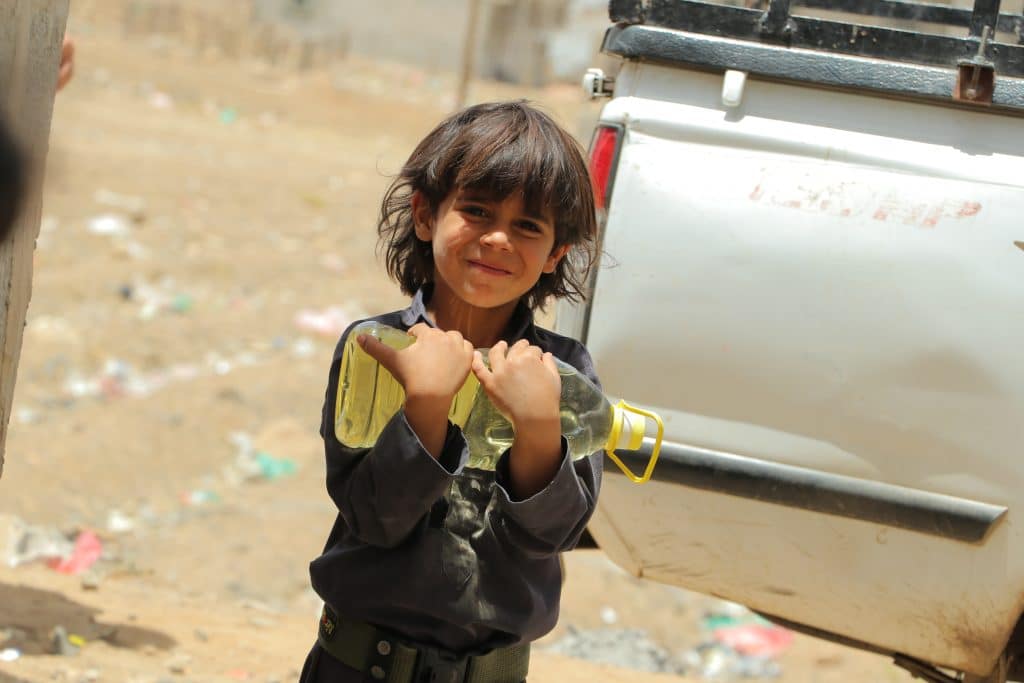
When you cannot fast due to illness, pregnancy or other valid reasons, and have not been able to make up your fasts before the upcoming Ramadan, it is necessary to give fidyah. Fidyah covers the feeding of 750 grams of food (wheat, rice, etc.) to a person in need and is roughly $2 (CAD) per day of missed fast.
Kaffarah is compensation made in the circumstance that you break or miss a fast deliberately without a valid reason. This requires the feeding of 60 people in need and is roughly $115 (CAD) per day of missed fast. In both circumstances, the fasts will still need to be made up. Therefore, it is always best to fast to complete your fasts while you are in good health and circumstance!
To learn more about Kaffarah and Fidya click here.
“Whoever voluntarily does more good than is required will find a reward for him. And that if you should fast, it would be better for you, if only you knew.” (Qur’an in 2:184-185)
- Increasing Supplication

Completing our daily prayers is fundamental to our success, and it is especially important when we are fasting. Increasing our supplications during the month of Ramadan is a deed that gets us closer to Allah (swt) and makes our fasts easier. The Holy Qur’an states (regarding fasting) “And seek help in patience and the prayers.” (2:45).
There is great reward in increasing our worship during Ramadan, this includes making du’a and dhikr. Try to work towards a new action of worship every day, whether it is through extra prayers offered or by reciting supplications of the Holy Prophet and his Ahlul Bayt (saww).
A simple action you can implement is reciting Tasbih Az-Zahra after each of your prayers: SubhanAllah 33 times, Alhamdullilah 33 times, Allahu Akbar 34 times, followed by la ilaha il-Allah once.
“One who recites the Tasbih of Hadhrat Zahra (sa) after a wajib prayer before he stretches out his legs or moves his feet ( i.e. while he is in the posture of tashahud), then Jannah becomes wajib upon him.” – Imam Ja’far As-Sadiq
(Falaahus Saael, Ibn Taaoos, p. 165)
- Practice Charity Daily

During Ramadan, strive to practice charity daily. Charity does not have to be of monetary value, it can be practised in the form of a good deed or giving food to one who is in need. We recommend setting a sustainable goal for yourself before the month begins. For example, if you want to donate $150, give $5 of charity each day! Setting this goal will not only make your daily tasks easier but will also build a sense of accountability.
“You will never attain piety, until you spend from which you own and cherish.”
(Qur’an 63:92)
- Manners Matter
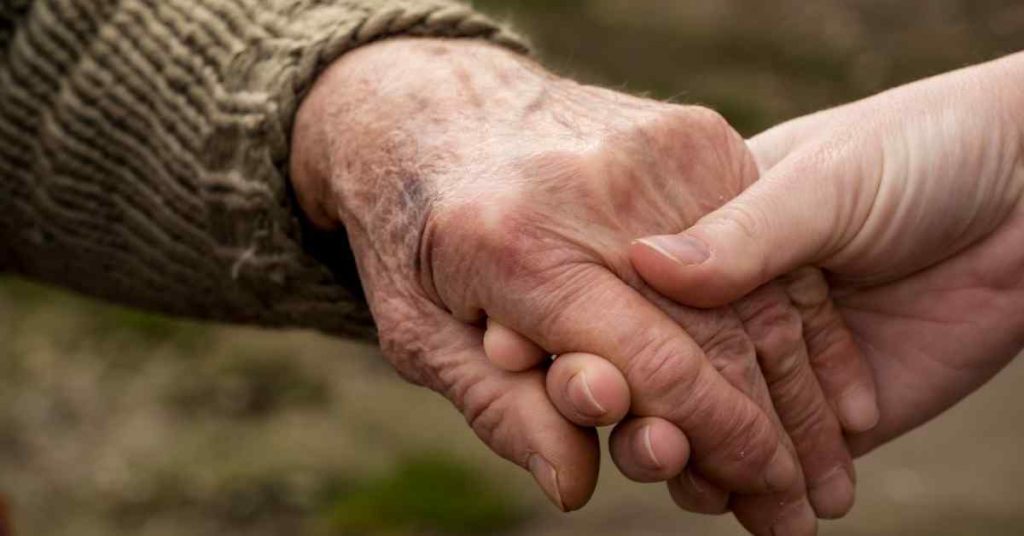
Many narrations tell us that our good deeds can be erased when we act in a poor manner and displease Allah (swt). This is especially important to be aware of during Ramadan. Ramadan offers us time for personal reflection and strengthening of our akhlaq (manners and ethics). Try to realign your thoughts and perspectives daily to avoid giving in to the dislikes of Allah such as gossiping, back-biting and general pessimistic thoughts. We should strive to foster a positive mindset and act with good intentions every day!
“One who while fasting does not guard his tongue from telling lies and does not refrain from bad deeds, is not respecting his fast. Allah does not approve of mere abstention from food.” – Prophet Muhammad (saww)
(Wasa’il Ash-Shi’a, vol. 8, p. 183)
Amongst the greatest actions in this holy month is to give charity as was mentioned above. Join us this Ramadan in supporting those in need by donating to our Ramadan campaign.
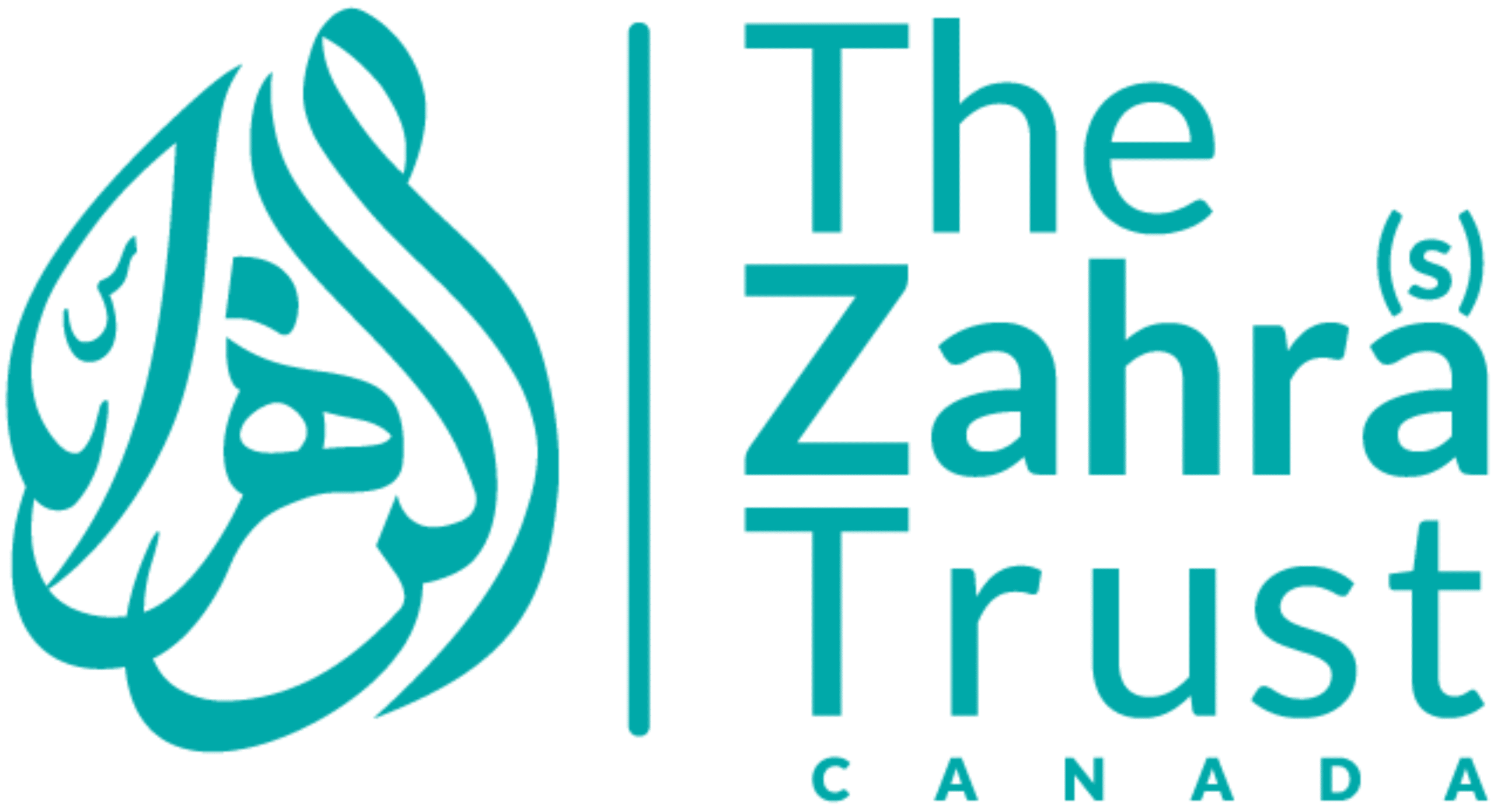

 Donate Now
Donate Now
 Donate
Donate


